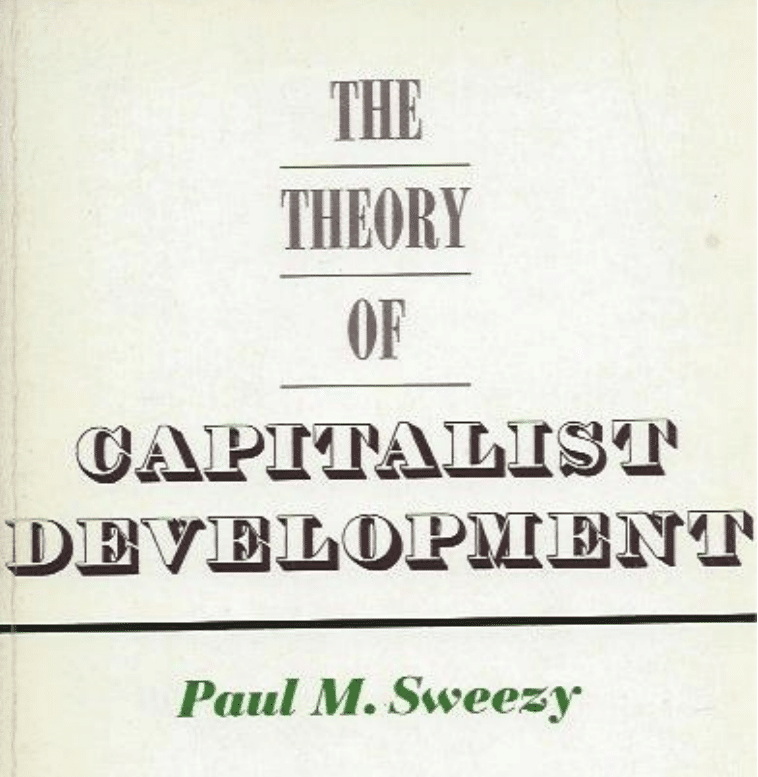by PAUL M. SWEEZY

Speaking in general terms, fascism, as it exists in Germany and Italy, is one form which imperialism assumes in the age of wars of redivision. The present chapter will be devoted to the elaboration of this theme on the foundation of the theory of imperialism set forth in the preceding pages.
1. The Conditions of Fascism
Fascism arises under certain specific historical conditions which are in turn the product of the impact of imperialist wars of redivision on the economic and social structure of advanced capitalist nations. According to military and diplomatic usage, at the end of a war belligerent nations are put into two categories, those on the winning side and those on the losing side. The extent of the damage to the internal social structure of the various countries, however, provides a more significant basis for classification. According to the extent and severity of the damage suffered it is possible to arrange the countries in a series, ranging from those which emerge virtually unscathed or even actually strengthened to those in which the pre-existing structure of economic, political, and social relations is completely shattered. Usually the nations on the winning side stand nearer the top and those on the losing side nearer the bottom of the scale, but the correlation is far from perfect.
It is not easy to establish criteria by which to judge the extent and severity of the damage suffered by a country as a result of war, but certain related symptoms would no doubt be widely recognized as indicative: extreme scarcity of food and other necessaries of life; partial breakdown of ‘law and order’; disorganization, poor discipline, and unreliability in the armed forces; loss of confidence on the part of the ruling class; and lack of regard for established habits of thought and behavior among wide sections of the population. Conditions of this sort are almost certain to give rise to revolutionary struggles which may eventuate in a decisive victory for the counter-revolution; in an overthrow of the existing structure of property relations and the establishment of socialism—as happened in Russia in 1917; or in a temporary stalemate in which neither of the major contending forces, the working class or the capitalist class, is able to gain a decisive triumph—as happened in Germany and, less unambiguously, in other parts of central and eastern Europe in 1918 and 1919. It is the last case which interests us here.
The fact that the revolution stops short of a socialist consummation is, in a very real sense, the key to subsequent developments. What emerges may best be described as a transitional condition of class equilibrium resting on a foundation of capitalist property relations. Juridically this balance of class forces tends to express itself in an ultra-democratic state form, to which the name of the ‘people’s republic’ was applied by Otto Bauer.* The people’s republic leaves the capitalists in control of the economy but at the same time affords to the working class a share in state power and freedom to organize and agitate for the achievement of its own ends. The personnel of the state apparatus is largely unchanged, but the weakness and unreliability of the armed forces at the disposal of the state obliges the capitalists to pursue a policy of temporization and compromise.
Monthly Review Online for more
